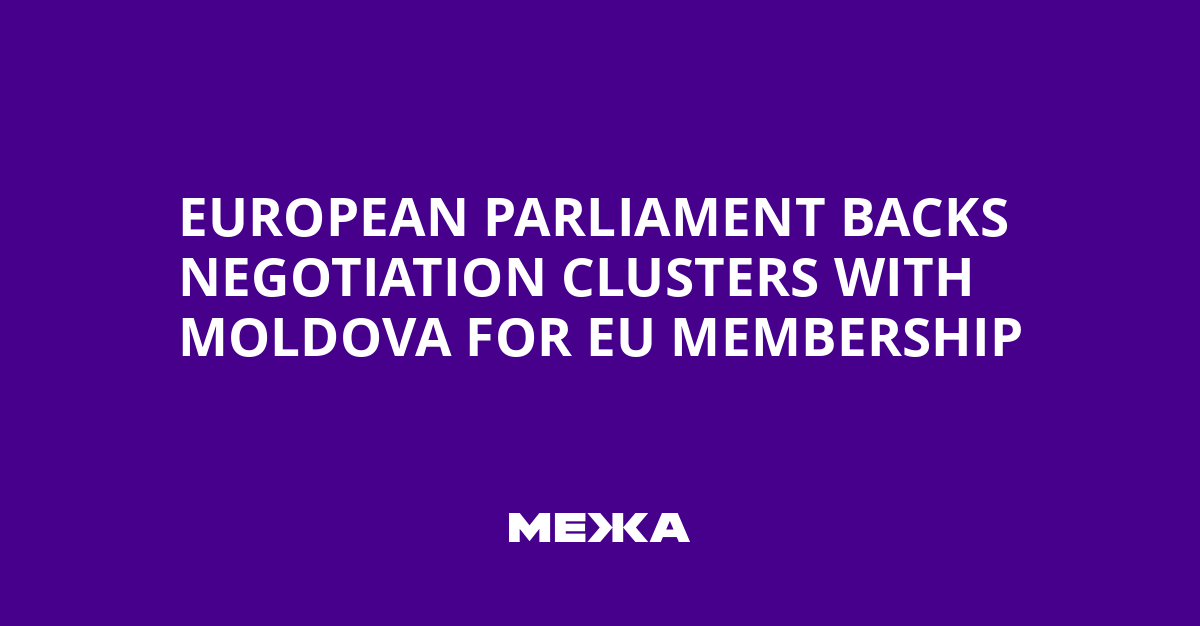An initiative has emerged in the European Parliament to open negotiating clusters with Moldova on the path to EU membership. Vice-President of the European Parliament Victor Negrescu prepared a corresponding letter to the President of the European Parliament and addressed his colleagues. The document was signed by 55 MEPs out of 720, and Negrescu himself voiced the initiative on his Facebook page.
The message states that “The European Parliament unequivocally supports the European future of the Republic of Moldova, recognizes the reforms achieved, and demands that the choice of the citizens of Moldova, expressed in the results of the parliamentary elections, be valuable and respected” – wrote the Vice-President of the European Parliament.
The European Parliament unequivocally supports the European future of the Republic of Moldova, recognizes the reforms achieved, and demands that the choice of the citizens of Moldova, expressed in the results of the parliamentary elections, be valuable and respected
– Vice-President of the European Parliament
According to Negrescu, this letter “demonstrates the unity and solidarity of Europe with the Republic of Moldova” and “in this letter nothing is mentioned about disunity.”
demonstrates the unity and solidarity of Europe with the Republic of Moldova
– Victor Negrescu
in this letter nothing is mentioned about disunity
– Victor Negrescu
Against the backdrop of these statements, another trend has also emerged: on September 9, the European Parliament urged EU member states and the European Commission to open negotiating clusters for Ukraine’s membership in the EU as soon as possible. This context points to different priorities in European foreign policy, where Moldova receives swift steps while Ukraine has to wait for other formats of engagement.
Experts believe that opening clusters for Moldova could strengthen its integration prospects, but Ukraine’s path to membership remains complex and depends on domestic political dynamics and the EU’s consolidated stance. Further decisions depend on the will of the member states and the schedule of negotiations.
Context of European policy: Clusters for Moldova or Ukraine
In the context of discussions about the future of Moldova and Ukraine, it is important to understand that the EU’s priorities can change depending on internal processes in the countries and the joint foreign policy strategy of the European Union. Although for Moldova the opening of negotiating clusters has become a faster instrument for advancing European integration, Ukraine has to contend with longer procedures and uneven reform speeds, which requires careful monitoring by the EU and its partners.
In any case, expert conclusions emphasize: stable political consolidation and consistent internal support for European reforms remain the key to further negotiations and to restoring full integration into the European family.
